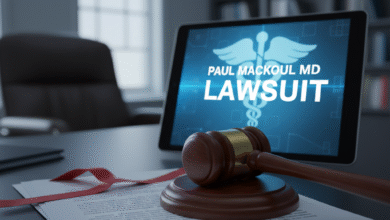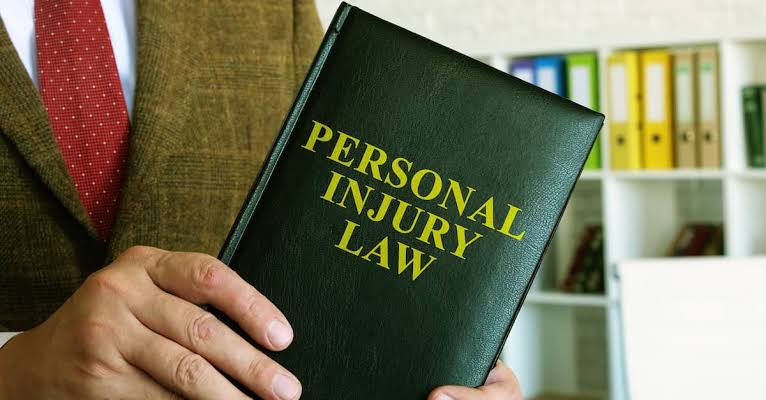Workers’ Compensation Appeals Process Demystified: What to Expect

In the complex realm of workers’ compensation claims, the appeals process can often feel like a labyrinthine journey fraught with uncertainty and stress. When a claim is denied or disputed, knowing the right steps to take is vital in securing the benefits rightfully deserved. In this comprehensive guide, we aim to demystify the workers’ compensation appeals process, shedding light on each step along the way to provide clarity and understanding.
The first crucial step in navigating the appeals process is understanding why the claim was denied or disputed. Common reasons for denial include insufficient medical evidence, disputes over the cause of the injury, missed deadlines, or administrative errors in the application. Once the reason for denial is identified, the next step is to prepare for the appeals process.
The appeals process typically begins by filing a formal appeal with the relevant state agency, such as the Workers’ Compensation Appeals Board (WCAB) in California. This initiates a series of legal proceedings aimed at resolving the dispute and determining whether the injured worker is entitled to benefits. It’s important to adhere to all deadlines and procedural requirements during this stage to avoid further delays or complications.
Following the filing of the appeal, the next step is often a mandatory settlement conference, where both parties, along with a workers’ compensation judge, attempt to reach a resolution through negotiation. If a settlement cannot be reached, the case will proceed to a formal hearing before a workers’ compensation judge, where evidence and testimony will be presented by both sides.
During the hearing, the injured worker will have the opportunity to present medical records, witness testimony, and other evidence supporting their claim. The employer or insurance company will also have the chance to present evidence and arguments in defense of their position. Following the hearing, the judge will issue a written decision outlining the outcome of the case.
If either party is dissatisfied with the judge’s decision, they have the right to appeal to a higher court. This may involve filing a petition for reconsideration with the WCAB or pursuing further legal action in the state appellate court system. It’s essential to seek the guidance of an experienced Los Angeles Workers Compensation Attorney to navigate this process effectively and maximize the chances of a successful outcome.
While the workers’ compensation appeals process may seem overwhelming, understanding the steps involved is crucial for obtaining the benefits rightfully deserved. By being prepared and enlisting the help of experienced legal representation, injured workers can navigate the process with confidence and increase their chances of success. If you’re facing a denied or disputed workers’ compensation claim, don’t hesitate to contact Michael Burgis and Associates, PC., the leading Los Angeles Workers Compensation Lawyer firm, for expert guidance and support.
Understanding the Appeals Process
When a workers’ compensation claim is denied or disputed by an employer or insurance company, the injured worker has the right to appeal the decision. The appeals process typically begins by filing a formal appeal with the appropriate state agency, such as the Workers’ Compensation Appeals Board (WCAB) in California. This initiates a series of legal proceedings that aim to resolve the dispute and determine whether the injured worker is entitled to benefits.
The first step in the appeals process is often a mandatory settlement conference, where both parties, along with a workers’ compensation judge, attempt to reach a resolution through negotiation. If a settlement cannot be reached, the case will proceed to a formal hearing before a workers’ compensation judge, where evidence and testimony will be presented by both sides.
During the hearing, the injured worker will have the opportunity to present medical records, witness testimony, and other evidence supporting their claim. The employer or insurance company will also have the chance to present evidence and arguments in defense of their position. Following the hearing, the judge will issue a written decision outlining the outcome of the case.
If either party is dissatisfied with the judge’s decision, they have the right to appeal to a higher court. This may involve filing a petition for reconsideration with the WCAB or pursuing further legal action in the state appellate court system. It’s important to note that the appeals process can be lengthy and complex, requiring the guidance of an experienced Los Angeles Workers Compensation Attorney to navigate effectively.
Navigating the Appeals Process with Expert Legal Representation
For injured workers facing the daunting task of appealing a denied workers’ compensation claim, having expert legal representation is essential. A skilled Los Angeles Workers Compensation Lawyer can provide invaluable guidance and support throughout the appeals process, ensuring that the injured worker’s rights are protected every step of the way.
At Michael Burgis and Associates, PC., we specialize in workers‘ compensation law and have a proven track record of success in handling appeals cases. Our team of experienced attorneys understands the intricacies of the appeals process and is dedicated to helping injured workers obtain the benefits they deserve. With our expert legal representation by your side, you can navigate the appeals process with confidence and peace of mind.
In conclusion, the workers’ compensation appeals process can be complex and challenging to navigate alone. By understanding what to expect and enlisting the help of an experienced legal team, injured workers can increase their chances of success and obtain the benefits they rightfully deserve. If you’re facing a denied workers’ compensation claim, don’t hesitate to contact Michael Burgis and Associates, PC., the best Los Angeles Workers Compensation Attorney firm in town, for expert legal representation and guidance.



